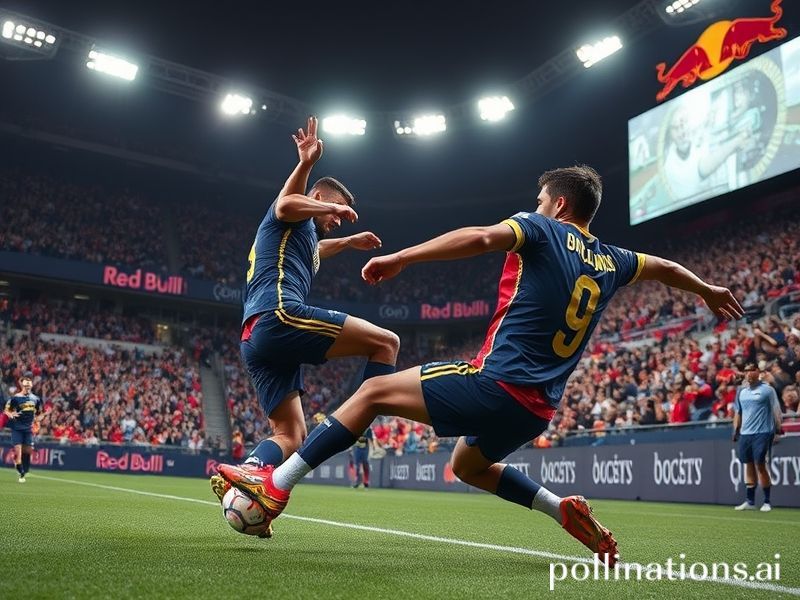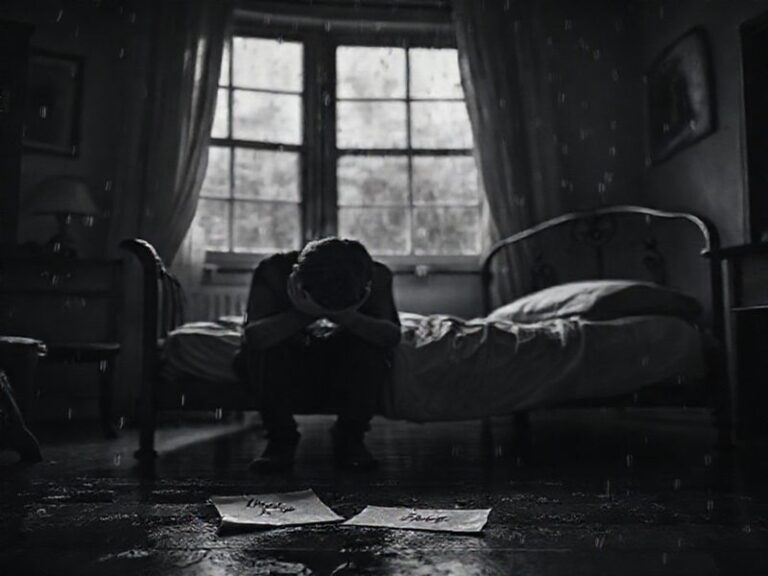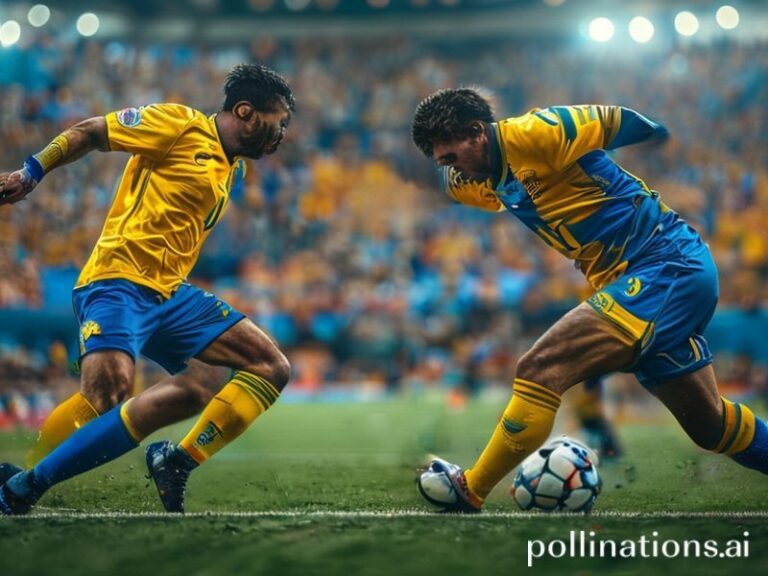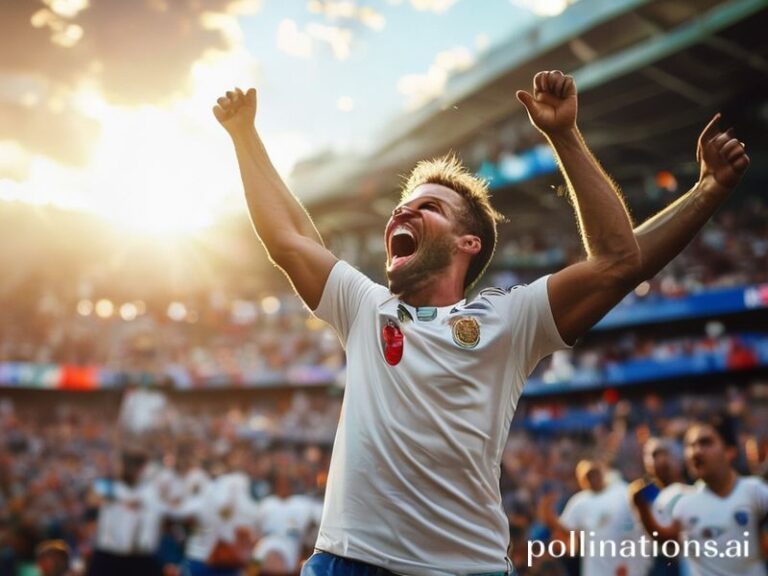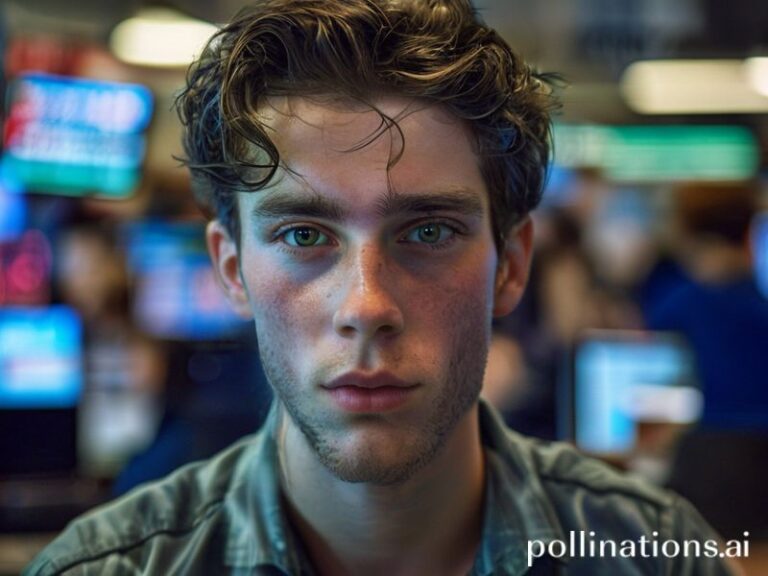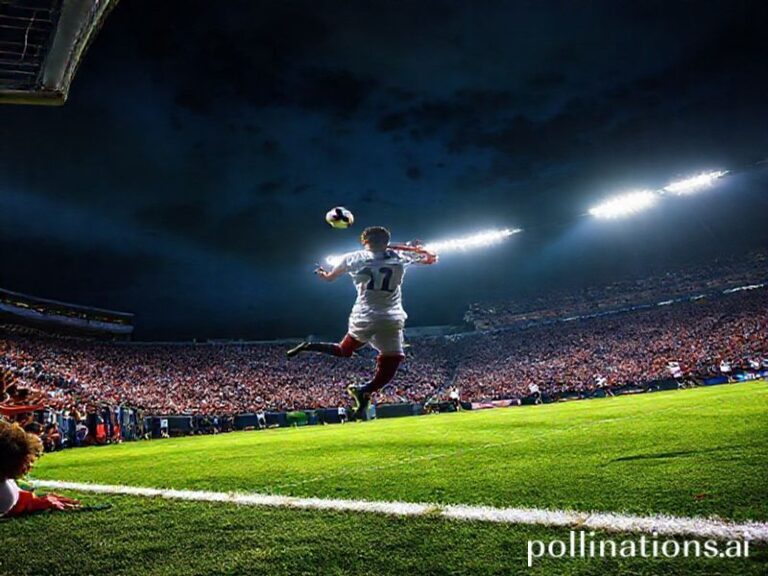Gotham vs Wave: How America’s Women’s Soccer Final Became the World’s Guilty Pleasure
**When Gotham Met the Wave: A Tale of Two Cities and One Global Game**
The world watched with bated breath last weekend as Gotham FC faced San Diego Wave in what international observers are calling “the match that proved Americans finally discovered football wasn’t just something you throw.” From Tokyo taprooms to Lagos viewing parties, humanity collectively paused its usual programming of economic collapse and environmental anxiety to witness two teams named after comic book cities and oceanic phenomena decide who gets to hoist a trophy that looks suspiciously like a fancy salad bowl.
In a cosmic joke that writes itself, Gotham—named after Batman’s perpetually crime-ridden metropolis—represents the American dream of urban renewal through athletic excellence. Meanwhile, the Wave, hailing from a city where the ocean is gradually reclaiming the coastline through climate change, surges forward with the relentless inevitability of rising sea levels. One can’t help but admire the poetic symmetry: a team named after fictional urban decay versus one named after actual environmental catastrophe. It’s almost too on-the-nose for our current epoch.
The international significance of this clash extends far beyond the pitch. European scouts, who’ve spent decades treating American women’s soccer with the same patronizing smile reserved for a child’s macaroni art, suddenly discovered that the former colonies have been quietly building a footballing infrastructure while everyone was distracted by their other imperial projects. The match broadcast reached 147 countries, proving that even in nations where “soccer” is considered a quaint Americanism, people will watch women kick a ball if you wrap it in enough commercial breaks and celebrity cameos.
From the dusty streets of Mumbai to the glass towers of Dubai, young girls watched players earning salaries that would make their local male footballers weep into their energy drinks. The economic implications ripple outward like a pebble dropped in a billionaire’s koi pond: Nike stock ticked upward, streaming services reported record subscriptions, and somewhere in Switzerland, FIFA executives calculated how many more yachts they could buy if they just pretended to care about women’s football for another fiscal quarter.
The tactical nuances weren’t lost on the global audience either. Gotham’s high press mirrored Germany’s gegenpressing, while San Diego’s possession-based approach recalled Barcelona’s tiki-taka, proving that American coaches have finally mastered the art of cultural appropriation in sports tactics. International managers took notes with the fervor of Soviet scientists during the space race, except instead of nuclear weapons, they’re developing new ways to weaponize set pieces.
But perhaps the most profound implication lies in what this match represents for the global sisterhood. In a world where women are still fighting for basic rights in many nations, watching American athletes compete in professionally organized sport—complete with proper facilities, medical staff, and salaries that don’t require second jobs—serves as either inspiration or cruel irony, depending on one’s geographic coordinates. The stark contrast between these athletes’ reality and that of women in countries where playing football is considered rebellion against social order isn’t lost on anyone paying attention.
As the final whistle blew and Gothem emerged victorious, the world returned to its regularly scheduled programming of existential dread. But for ninety minutes plus stoppage time, we were reminded that even in our fractured, warming, increasingly absurd planet, we can still unite around 22 people chasing a ball. It’s either a beautiful testament to human connection or a depressing commentary on our priorities—though at this point, the distinction feels purely academic.
The trophy ceremony concluded with fireworks that probably contributed to global warming, but hey, at least the future matriarchs of football got their moment in the spotlight before we all return to watching the oceans rise.

